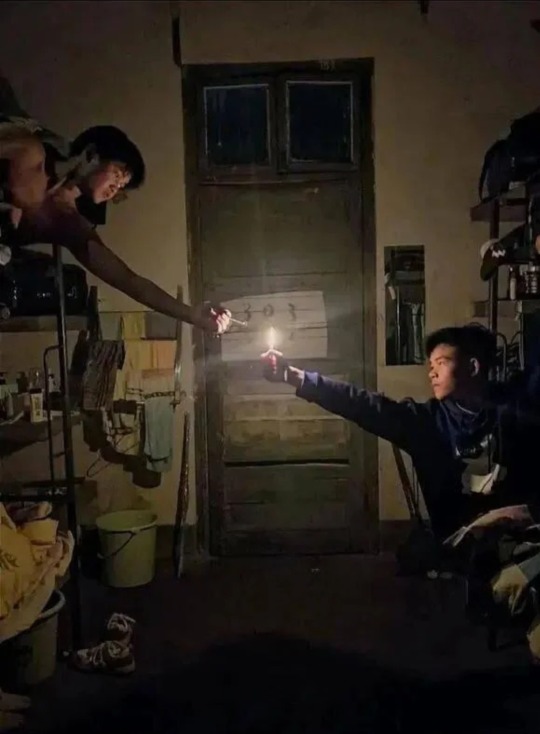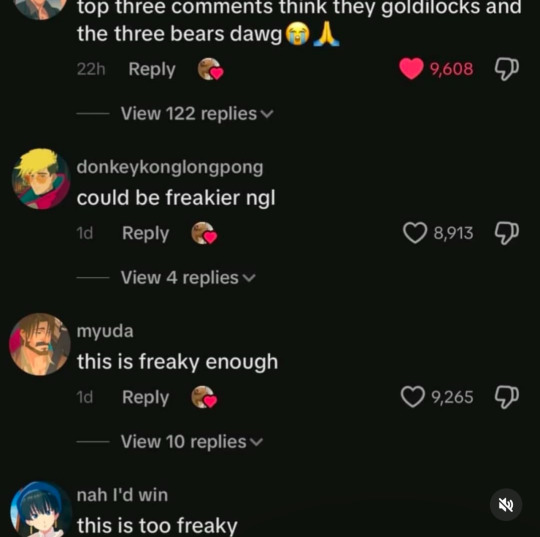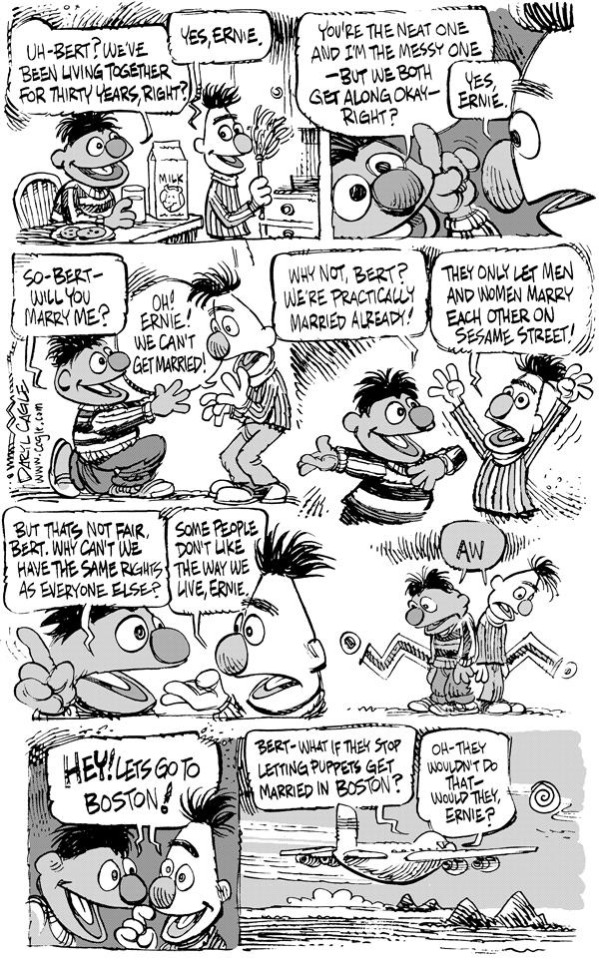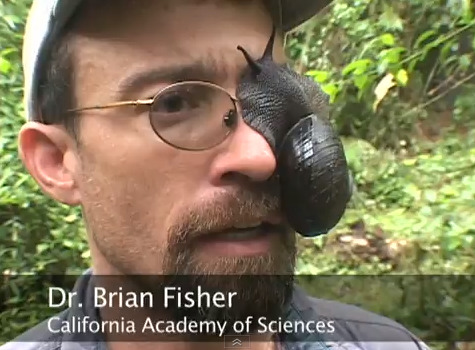Text






park dae sung 박대성 + the space between: the modern in korean art
the latter is the exposition namjun helped curate and narrated the audio guide for
4 notes
·
View notes
Text






























SISYPHUS GETS A 9 TO 5
[spoilers for all of severance season 1. words by northernlion, brain worms by me]
23K notes
·
View notes
Text

Snowcap (Microchera albocoronata), male, family Trochilidae, order Apodiformes, Costa Rica
photograph by Jason Tiesman
1K notes
·
View notes
Text


Maze of Belial, 2025. by Daniele Valeriani
This is the first work of the year and, precisely because it coincides with the end of one cycle and the beginning of another, it is somehow connected. I see humanity on the brink of collapse in every field. Everything has become increasingly falsified and distorted in an abyss of rampant ignorance that will not only lead us to sink but also to be manipulated. It is becoming more and more difficult to navigate through this swamp of mediocrity. This feeling has inspired this work, which is, of course, imbued with other more mystical meanings. However, I hope that this piece may take on a meditative value for someone and, by contemplating it, serve as a guide to embrace a path that is twisted but far more enlightening, elevating us from the baseness that surrounds us.
301 notes
·
View notes
Text
this image is beautiful to me it is holy, this should be in a gallery

75K notes
·
View notes
Text

Steven Wuensch - Red Tide, 2024 - Oil on wood panel
207 notes
·
View notes




















